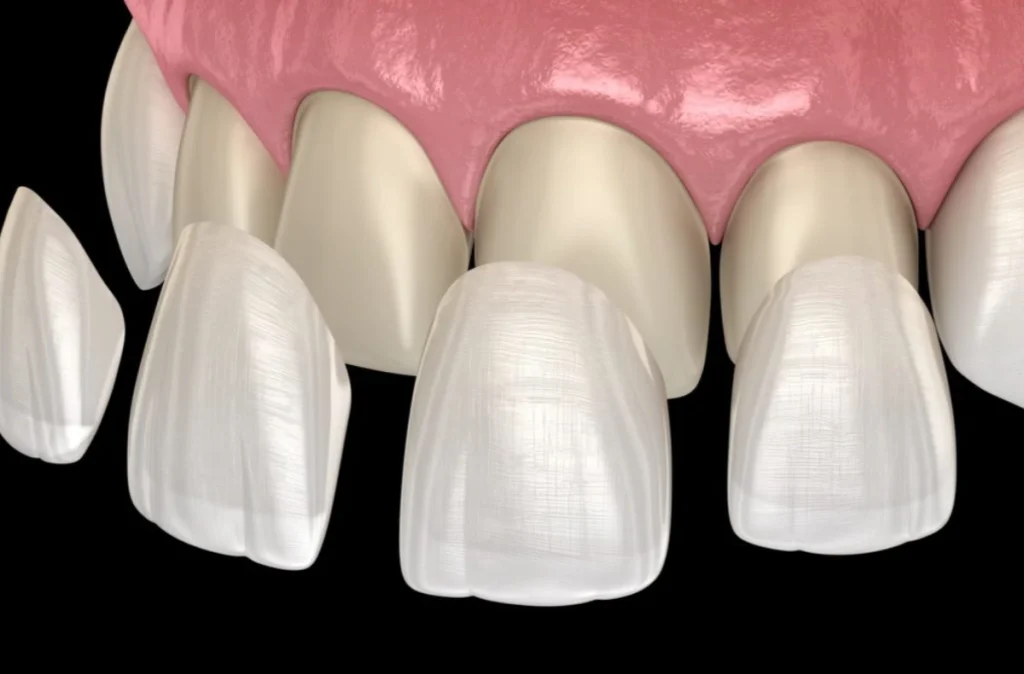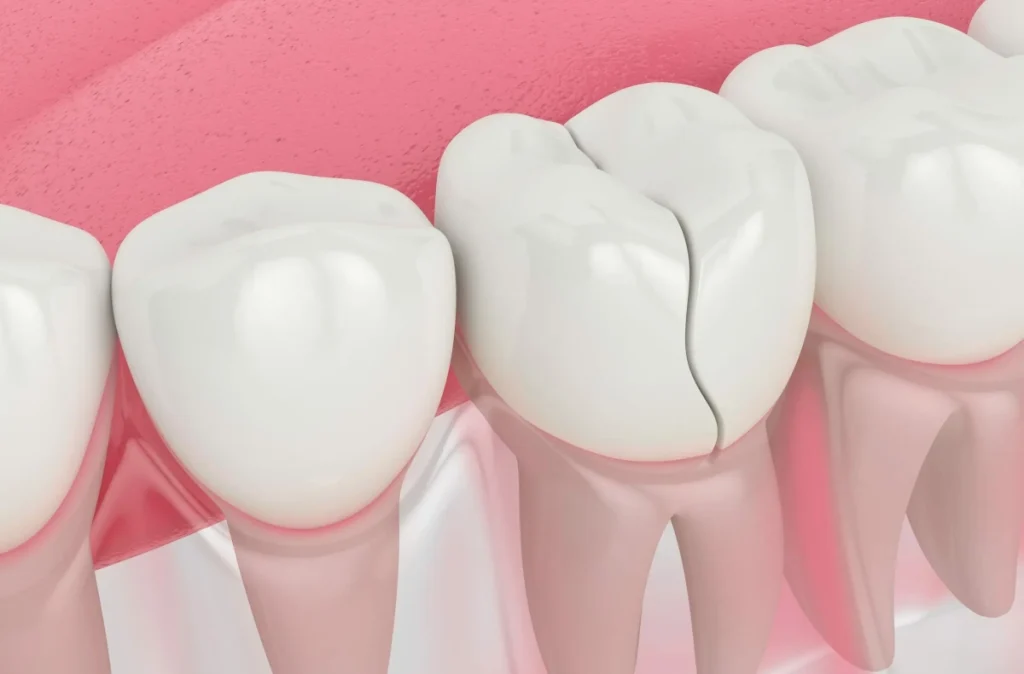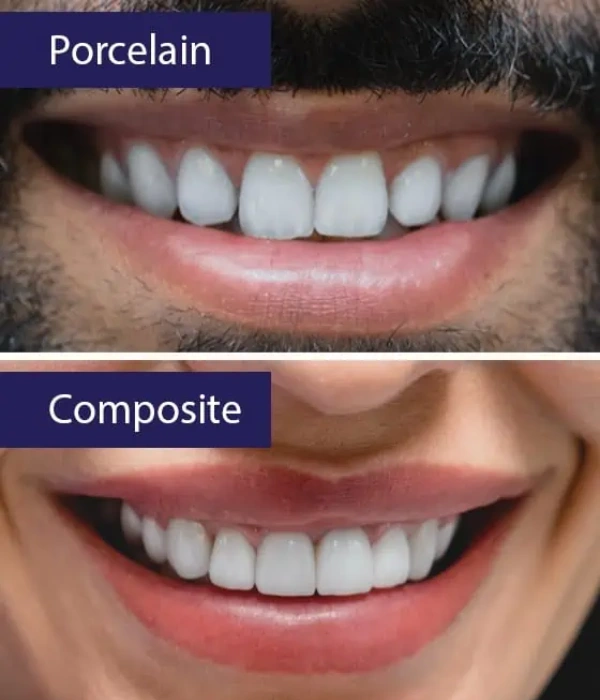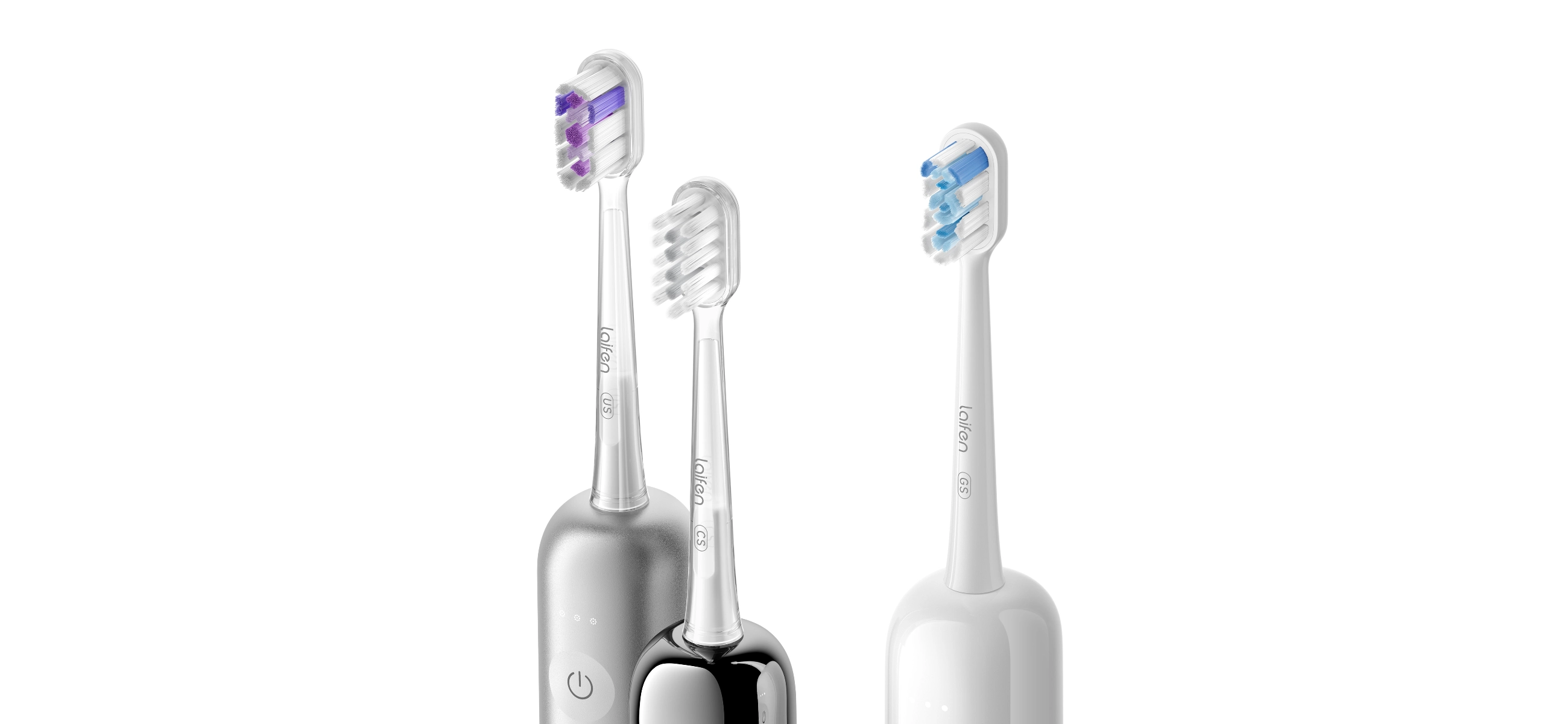Cosmetic dentistry is growing in popularity, with so many people turning to veneers, whitening, or bonding to improve their smiles.
But what exactly are dental veneers, and are they a good option for you? In this article, we consider the pros and cons of veneers and reveal the different options available to you. We also present some alternatives if you’re not convinced that veneers are your best option.
What are dental veneers?
Dental veneers can be a viable option if you have chipped or damaged teeth. They are thin shells installed onto your tooth’s front surface and are fixed to improve its appearance. Dental veneers are considered a form of cosmetic dentistry and are an alternative to dentures and false teeth.

They’re made from resin and are extremely strong and durable, offering a viable long-term solution if you want to improve your smile.
What are dental veneers used for?
Dental veneers are a solution to numerous dental issues and are one of the most prevalent cosmetic dentistry treatments. Here are some of the use cases in which veneers are highly recommended:
- Chipped and broken teeth.
- Discolored or stained teeth.
- Diastema – gaps or large spaces between your teeth.
- Misshapen teeth.

As you can see, veneers essentially improve the appearance of your teeth, but they don’t treat an underlying dental issue. For instance, you can’t use a veneer to cover a cavity as it doesn’t treat the root cause of the decay. In fact, before fixing veneers to your teeth, a dentist will perform a thorough check-up of your teeth and fix any cavities with fillings. This is crucial, as covering a cavity with a veneer can cause long-term root damage.
What are the different types of dental veneers?
There are three main types of veneers that your dentist may recommend depending on your dental health, budget, and preferences:

Composite resin veneers
| Pros | Cons |
| ✅ Easy for the dentist to prepare | ❌ More susceptible to damage than porcelain veneers |
| ✅ Can be applied in one or two sessions | ❌ They don’t last as long as porcelain veneers |
| ✅ More affordable than porcelain veneers | |
| ✅ They usually last up to seven years |
Composite resin veneers require some preparation, but they’re a reasonably affordable option. The first step in the process is for your dentist to “etch” the surface of your tooth. They will then place a layer of the composite material on the required tooth. Once applied, the resin will be cured and hardened with a special light to embed it on the front of your required tooth.
Porcelain veneers
| Pros | Cons |
| ✅ The most durable type of veneer, often lasting for 10+ years | ❌ Porcelain veneers are considerably more expensive than their resin counterparts |
| ✅ They are crafted specifically for your teeth, allowing for a high degree of personalization | ❌ You will need to visit the dentist 2-3 times to have porcelain veneers installed |
| ✅ Porcelain veneers are less likely to stain when compared to resin veneers |
Arguably the most popular option, porcelain veneers are the most durable veneer type. The first step in the process is for the dentist to make an impression of your tooth or teeth by creating a mold. They will then send that mold to the lab to make the veneer.
When the veneer is ready, your dentist will apply it to your tooth with dental cement. As the process can take several weeks, a temporary veneer might be used while you wait for the permanent porcelain veneer to arrive at your dentist’s office.
No-prep veneers
| Pros | Cons |
| ✅ The least invasive option | ❌ You must have healthy teeth and gums to apply no-prep veneers, so they’re not suitable for all patients |
| ✅ Quick to apply and can be fixed to your tooth in one visit to the dentist | ❌ No-prep veneers aren’t as durable as porcelain or resin veneers and only last for a few years |
| ✅ As they’re not permanent, they can be removed and replaced easily |
Some branded veneers are available as “no-prep” veneers. As the name suggests, the preparation required for composite resin and porcelain veneers is not required. These veneers are added to the enamel directly and are less invasive and much easier to apply.
So, what are the best dental veneers?
With all things considered, porcelain veneers are arguably the best. They are the most durable, and they’re shaped to fit your teeth perfectly. They also last for ten years or more, providing you with peace of mind that you don’t need to return to the dentist’s office regularly.
The main drawback of porcelain veneers is the expense. They’re much costlier than resin veneers, and they’re not covered by dental insurance. So, if you want the best veneers, you will need to save up in advance, as they cost several hundred dollars per tooth.
Pros & cons of veneers
Before we dive into some alternatives to veneers, here’s an overview of the pros and cons of this form of cosmetic dentistry to help you decide if they’re right for you:
✅ Appearance: When fixed to your teeth, porcelain and composite veneers look very similar to your natural teeth and are a great way to improve your smile.
✅ Stain resistant: Porcelain veneers in particular are highly stain resistant and maintain their appearance for several years with good maintenance.
✅ Durable: Both porcelain and resin veneers are extremely durable, lasting for seven to fifteen years on average. This gives you a long-term solution to discolored or damaged teeth.
✅ Ease of installation: Veneers are relatively easy to fix to your teeth, offering you a much-improved smile without invasive dental work.
❌ Cost: Veneers are an expensive form of cosmetic dentistry and are not usually covered by dental insurance. Therefore, you need to save up in advance if you want this type of treatment.
❌ Fragile: Though veneers are durable and resilient, they’re not as strong as your natural teeth. Therefore, they’re susceptible to damage or breakage, so you need to be careful.
❌ Increased sensitivity: As your dentist removes some of your enamel when fixing the veneer in place, you might notice increased sensitivity when drinking hot and cold beverages.
Are dental veneers right for you? Alternatives to consider
Veneers are a great option if you have chipped, cracked, or discolored teeth and are worried about their appearance. However, given their expense, they might not be a viable solution for everyone. With that in mind, here are some veneer alternatives to think about:
Composite bonding
Composite bonding is a procedure in which your dentist can fill gaps or chips in your teeth. Your dentist may also be able to improve the color or shape of your teeth via this method. Bonding sees your dentist apply a putty-like material to your teeth, which sets in place and fills the gaps. It’s a cheaper alternative to porcelain and composite veneers.
Teeth whitening
If you’re concerned by the color of your teeth or want to cover up stains, you can consider teeth whitening instead of veneers. You can order at-home teeth whitening kits online or you can ask your dentist for professional whitening. Note that teeth whitening is a more temporary solution and you will need to continue bleaching your teeth for long-term results.
Crowns
Another viable option is a dental crown. One notable difference is that a crown is a type of restorative dentistry rather than cosmetic and is usually added to the tooth’s chewing surface. It’s a good option to consider if you’ve recently had root canal treatment or another type of dental surgery and want to improve the appearance of your teeth.
Conclusion
At Laifen, we strongly believe you should take steps to improve your smile, which is why our Wave toothbrush is so popular. This dual-action electric toothbrush with dentist-advised 2-min timer is perfect for keeping your teeth healthy, and it’s a great way to look after your veneers and make them last as long as possible.
If you’re on the fence about veneers, we hope this article has helped you weigh up the pros and cons. You can also check out our FAQs below for further information before making your decision.
FAQs
Q1: What are dental veneers made out of?
Dental veneers are made of a strong composite resin or porcelain. These materials are strong and durable, meaning that you can expect veneers to be a long-term solution to your dental issue. Most dentists guarantee veneers for a long period, often ten or more years.
Q2: are dental composite veneers?
Dental composite veneers are made from resin and are a popular option if you don’t want to pay for porcelain veneers. They are etched to the front of your teeth and usually last for seven to ten years if you look after them correctly.





